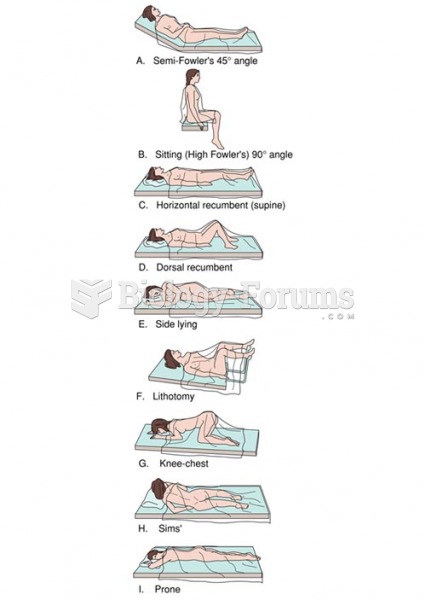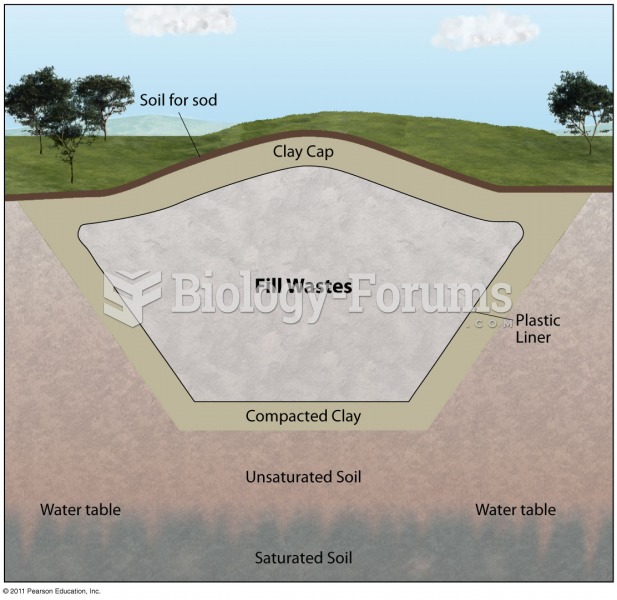Answer to Question 1
Answer: Liars often lie by using specifics and only admit to what the investigator can prove and deny what can't be proved. Liars sometimes focus on little, trivial things in an attempt to throw-off the investigator or misdirect the interview. Suspects may create arguments to keep interrogators unfocused. A debating tactic is used in which the suspect tries to discount the investigator's argument in advance. A repeated assertion is based on the assumption that if you say something over and over, people will start to believe it. Repeated denial of the violation only reinforces the suspect's ability to lie. The you don't understand tactic is used by experienced liars to block an in-depth interrogation. The loophole liar is a dodger who is unsure just how much the investigator knows about the crime. Loophole liars typically respond by saying, I can't remember or to the best of my recollection. This technique gives the person a way out in case he or she is later confronted with contradictory evidence.
Answer to Question 2
Answer: Characteristics that relate specifically to interviews can include: being nonaccusatory, can involve witnesses, victims and suspects, not usually recorded, can occur before the case is focused on a suspect, want the interviewee mentally relaxed, can be conducted anywhere, open ended questions are mostly used, and interviewer should not dispute the subject's answers.
Characteristics that relate specifically to interrogations can include: accusatory, involves suspects, usually recorded, occurs when the case is focused on a suspect, legal requirements of having an attorney present and the right to remain silent are in place, primarily conducted at the police station.
Characteristics that can relate to both can include: process of obtaining information regarding a criminal offense, preparation is required, notes are taken, done in private and individually, interviewer must be a good listener, maintain control, no coercion or duress used.
Additional characteristics in all three categories may be included.







